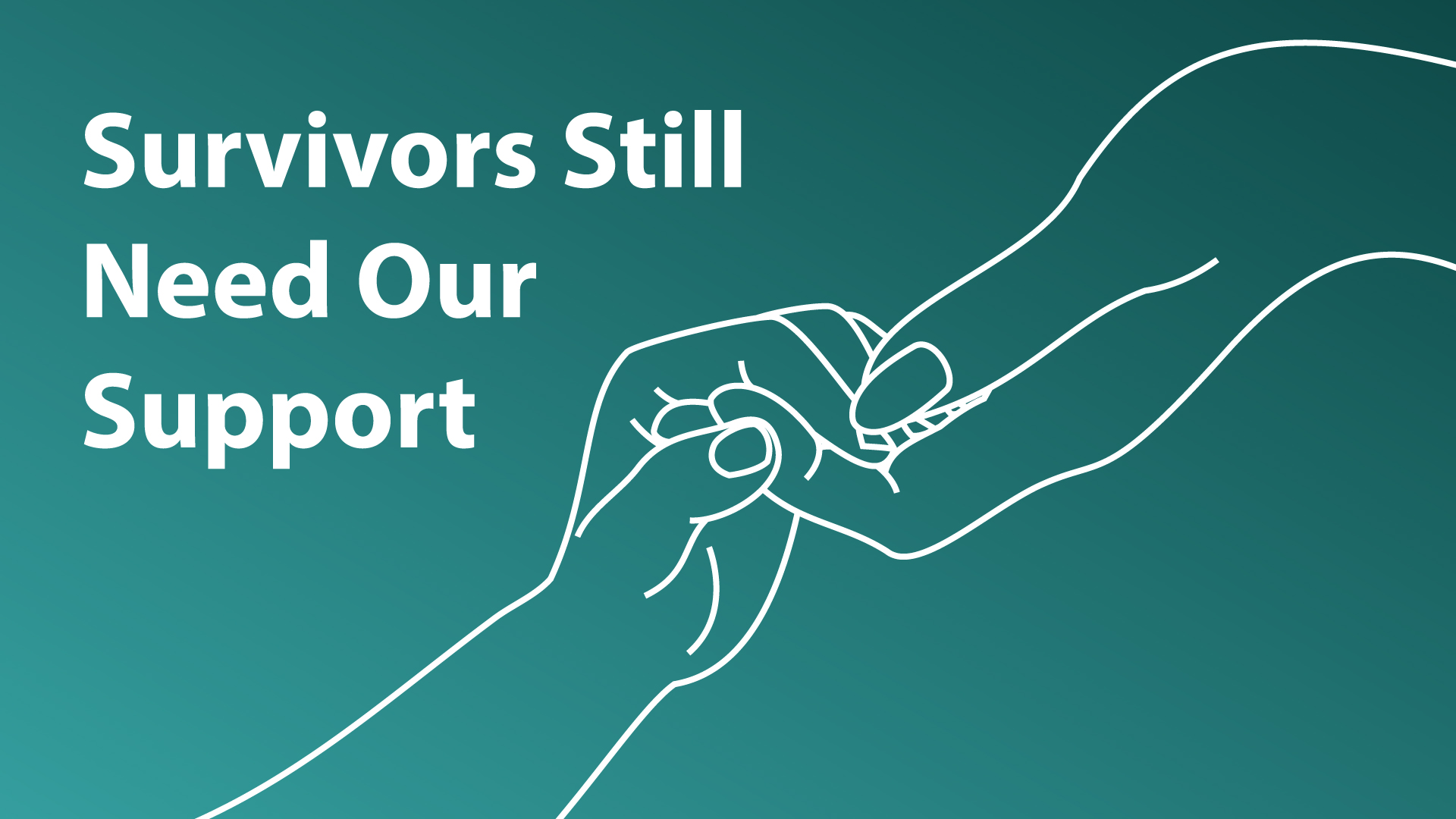
9 Years After the Genocide of the Yezidi Community, Survivors Still Need Our Support
STATEMENT: Erbil, Iraq – August 3, 2023: Today marks the ninth anniversary of the genocide committed by ISIS against Yezidi and other minority groups in Iraq. In 2014, ISIS militants invaded Sinjar and began systematically murdering, enslaving, and kidnapping thousands of Yezidis, destroying any ritual or spiritual site in their path. Now, 9 years later, and six years following the defeat of ISIS, thousands of women and children remain missing or in captivity, and many more live in protracted displacement, often in deteriorating conditions in under-resourced camps, with critical needs.
Despite this, in 2022, the internationally-led humanitarian response in Iraq drew to a close. The existing coordination architecture was dissolved, and international actors completed their handovers to the Government of Iraq (GOI) and Kurdistan Regional Government (KRG) to support localization as the country shifted from a humanitarian to development designation.
The transition did not signify that the needs are gone, however. At the time of handover, an estimated 2.5 million people across Iraq still required humanitarian support, with 1.2 million living in protracted displacement, and nearly a million considered to be acutely vulnerable. For many survivors of the ISIS conflict, the gradual withdrawal of humanitarian funding and actors over the past several years has heightened vulnerabilities and exacerbated needs while significantly reducing available resources, services, and support. Those living in desperate conditions often express feeling trapped, with little hope and no alternative future in sight.
The GOI and KRG have taken important steps to address the plight of those affected by the genocide. The Sinjar Agreement, passed in October 2020, was designed to stabilize areas of origin and facilitate the return of displaced communities, and the Yezidi Survivors Law (YSL), passed in March 2021, established a unique program to provide material and symbolic reparations to Yezidi and other survivors of conflict-related sexual violence (CRSV). However, implementation of the Sinjar Agreement has largely stalled, and the YSL, despite remarkable progress over the last year, continues to face a number of barriers that impact the prospect of reparations reaching survivors in need. Until the immense promise of these frameworks is fully realized, many Yezidi survivors will remain in limbo – without access to basic support and unable to return to their ancestral homeland.
On this day, we call upon the Government of Iraq, the Kurdistan Regional Government, and members of the international community to honor those who lost their lives, and remember all survivors who continue to suffer nine years after the genocide. Prioritize implementation of key response frameworks designed to support their recovery. And ensure that no one is left behind.
-ENDS-
SEED Foundation is a local NGO in the Kurdistan Region of Iraq, committed to protecting, empowering, and supporting the recovery of survivors of violence and others at risk. Our approach to this mission is integrative and holistic. We provide quality and comprehensive services, including mental health and psychosocial support (MHPSS), legal, protection, and shelter services; training, capacity building, and education for those working to protect and serve survivors; and policy and advocacy to strengthen laws, policies, practices, and protections for vulnerable people, and to promote social change.
For more information, please contact: media@seedkurdistan.org
